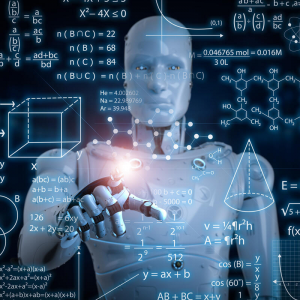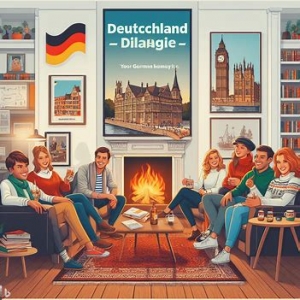Germany, Austria, Switzerland, and beyond - the German language unites speakers from different regions in a linguistic celebration of unity and culture. This article delves into the significance of the German language, its regional variations, and the power of community in the world of German speakers.

The German Language: A Bridge Across Borders
The German language, known for its precision and complexity, serves as a bridge that connects millions of people across various countries. As the most widely spoken native language in the European Union, it plays a pivotal role in international business, education, and diplomacy.
Dialects and Regional Variations
German speakers from different regions often take pride in their unique dialects and regional variations of the language. From the crisp Hochdeutsch (High German) spoken in Germany to the melodious Swiss German and the sing-song Austrian German, these regional variations reflect the diverse cultures and identities within the German-speaking world.
Cultural Unity
Beyond linguistic diversity, the German language serves as a cultural unifier. German speakers across the globe share a rich history and cultural heritage, including world-famous contributions to art, philosophy, music, and science. From the works of Johann Wolfgang von Goethe to the compositions of Ludwig van Beethoven, the German-speaking world has left an indelible mark on human civilization.
German Language Communities Worldwide
The global German-speaking community extends far beyond the borders of the German-speaking countries. In the United States, for instance, over 15% of the population claims some German ancestry, and there are thriving German-speaking communities in countries as diverse as Brazil, Argentina, and South Africa. These communities often host events, such as Oktoberfest, to celebrate their shared heritage and language.
Online and Offline Gatherings
In the digital age, German speakers have found new ways to connect and celebrate their shared language and culture. Online forums, social media groups, and language exchange platforms have made it easier for enthusiasts to practice their German language skills and share their passion for all things German.
Moreover, traditional gatherings such as language classes, cultural festivals, and local clubs continue to thrive as places where German speakers can unite and celebrate their common linguistic bond. These events foster friendships and create a sense of community among both native speakers and learners.
Language Reunion: A Unifying Experience
The idea of a "language reunion" is not just about bringing German speakers together; it's about fostering unity among people who share a love for the German language and culture. These reunions provide a platform for individuals to explore their connections, exchange stories, and build a network of friends who share similar interests.
In conclusion, the German language serves as a powerful tool for uniting people across borders and celebrating a rich cultural heritage. Whether through the embrace of regional dialects or the participation in global events, German speakers are constantly reminded of the enduring value of their shared language. Language reunions, whether in person or online, offer opportunities for cultural exchange and a reaffirmation of the bond that ties together this global community of German speakers. So, let's celebrate the language, culture, and unity that the German language brings to the world!




